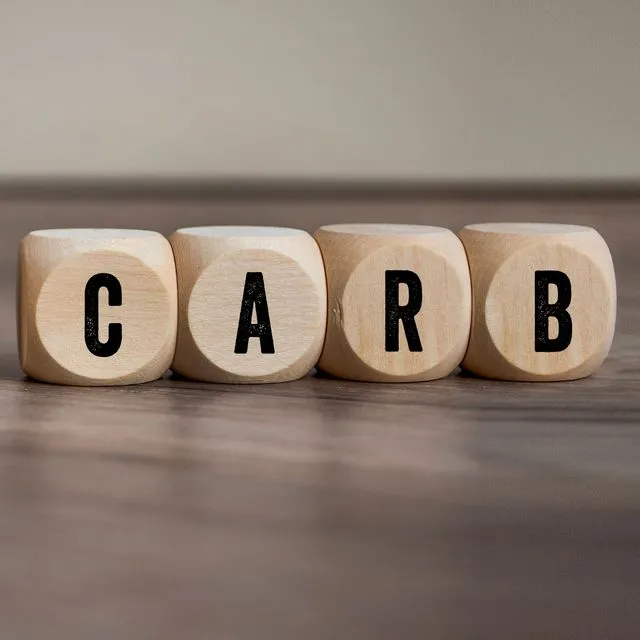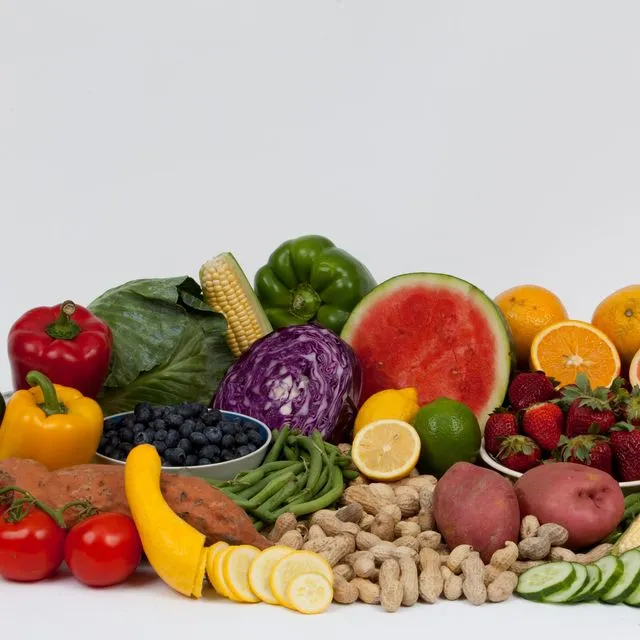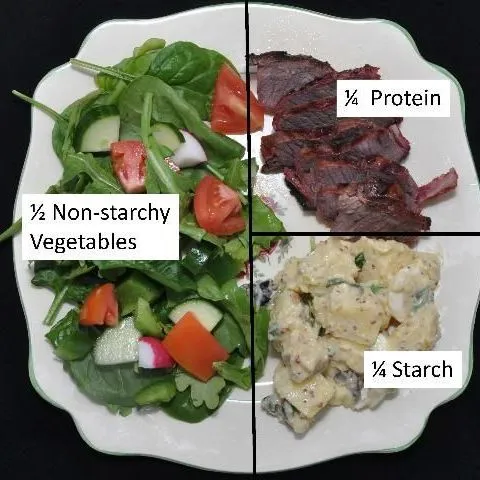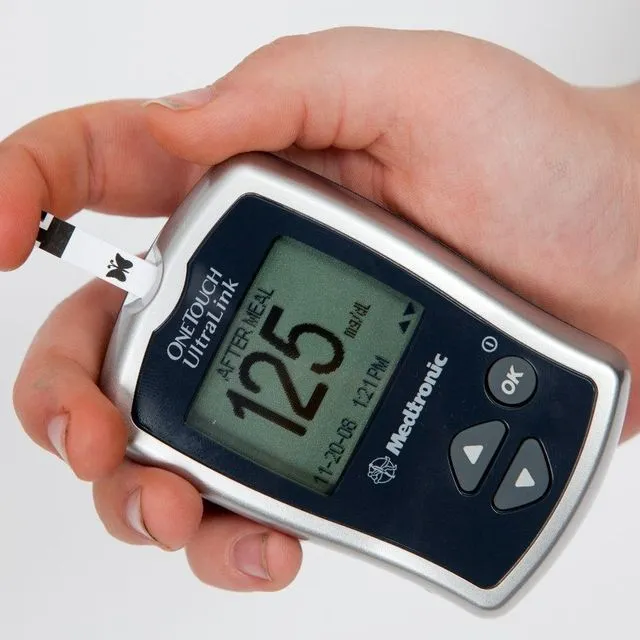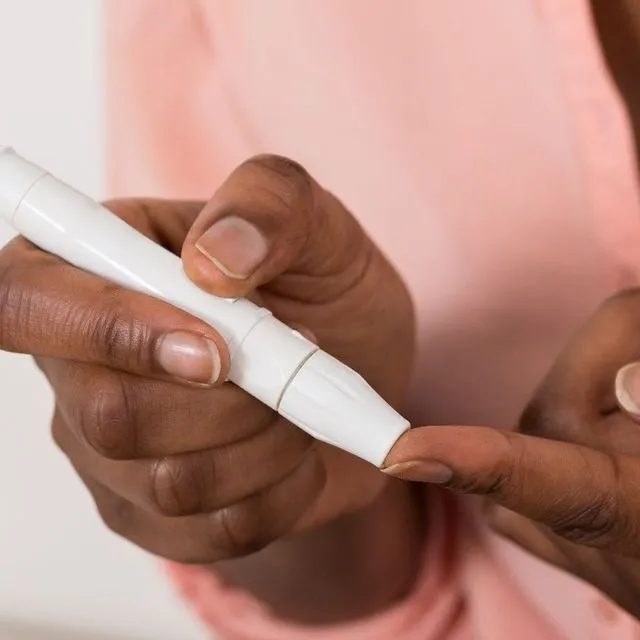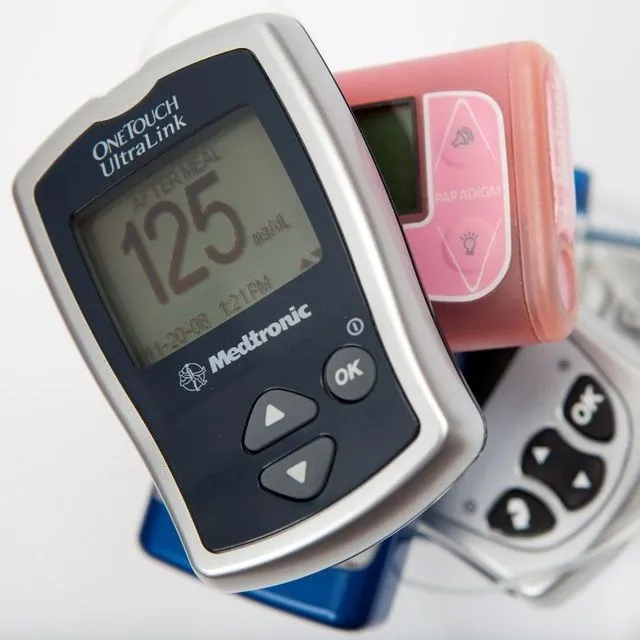Diabetes
Available Languages:
English
Diabetes is a disease in which your body is not able to use food properly. Normally, most of the food you eat is changed into glucose (sugar), which is the body's main energy source. For your body to use this energy, the glucose must get into the cells. Insulin, a hormone made in the pancreas, is the "key" that helps glucose get into your cells. If you have diabetes, insulin is not made in your body, or it does not work right. This causes glucose to build up in your blood, which can lead to serious health problems. Having high blood glucose levels over time causes most of the health complications of diabetes. --FCS8706, Living with Diabetes
Publications
Showing 9 of 9 Publications


